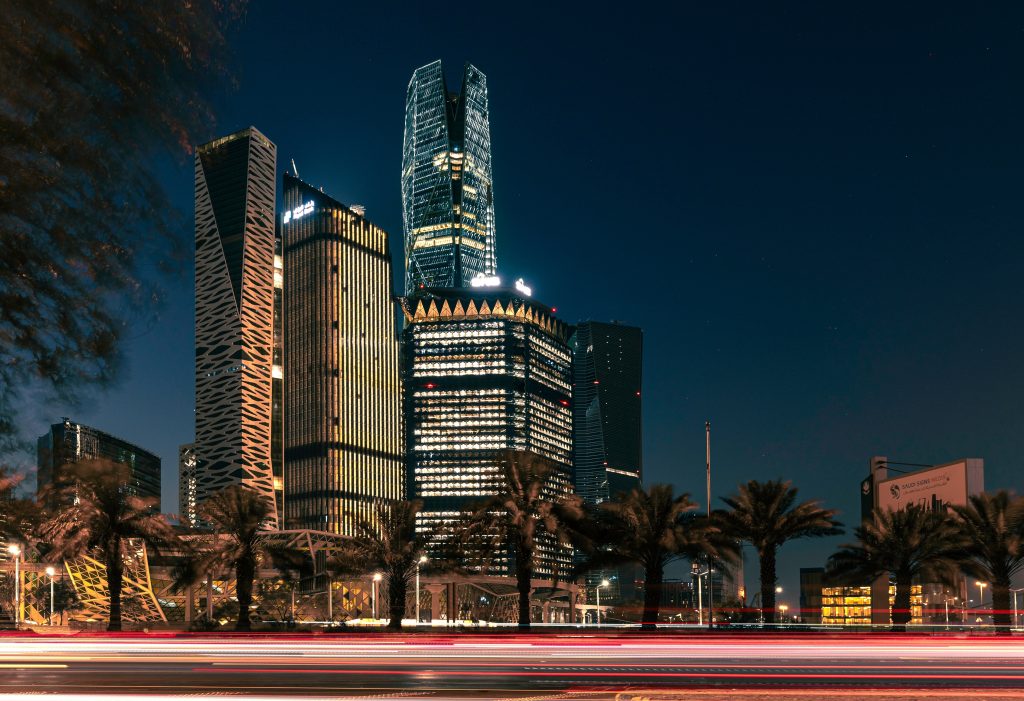In the midst of strategic advancements and upcoming global events such as Expo 2030, Saudi Arabia boasts an impressive $1.5 trillion in construction projects yet to be awarded. These projects are a direct reflection of the ambitious goals set forth in the nation’s Vision 2030 initiative.
The kingdom’s construction initiatives make up a substantial 39 percent of the Middle East and North Africa’s (MENA) total pipeline, valued at $3.9 trillion. This is according to a recent report by JLL, which provides a comprehensive overview of the Saudi Arabian construction market.
Analyzed by sector within the kingdom, construction assets are poised to receive $950 billion, accounting for 62 percent, while transportation, infrastructure, and other utilities are slated for $582 billion, representing the remaining 38 percent.
JLL remains bullish on the kingdom’s prospects, despite the headwinds posed by persistent inflation, high-interest rates, geopolitical tensions, and upcoming political events such as the US presidential election. The JLL report cites data from MEED Projects indicating a year-on-year surge in the value of construction projects awarded in Saudi Arabia, from $60 billion in 2022 to $97 billion in 2023. This increase underscores the vast untapped potential in the sector, as it constitutes a mere 6 percent of the forecasted pipeline.
Laura Morgan of JLL highlights the growth trajectory of the Saudi construction market, driven by economic expansion, demographic trends, and modernization efforts. Despite the sector’s resilience amid global uncertainty, challenges such as construction costs, skilled labor shortages, and market constraints need to be navigated to sustain growth.
The real estate sector is at the forefront of the kingdom’s burgeoning projects market in 2023, bolstered by a strategic diversification of the economy. Riyad Bank credits this robust expansion in part to strong domestic demand and increased business activity, particularly in the non-oil sector. Non-oil industries now contribute 50 percent to the nation’s GDP, outpacing the oil sector’s 33 percent.
Tourism, accounting for seven percent of the non-oil GDP, witnessed a remarkable year in 2023, with travelers spending $66 billion. The leisure and hospitality sectors have been particularly dynamic, raking in $4 billion or 23 percent of the total awarded project value by Q1 2024.
Despite these positive indicators, the Riyad Bank’s Purchasing Managers’ Index noted a marginal dip to 57.0 in March 2024 from 57.2 the prior month, and employment levels in construction saw a slight decline as firms managed costs and cash flow in the first quarter of the year.
